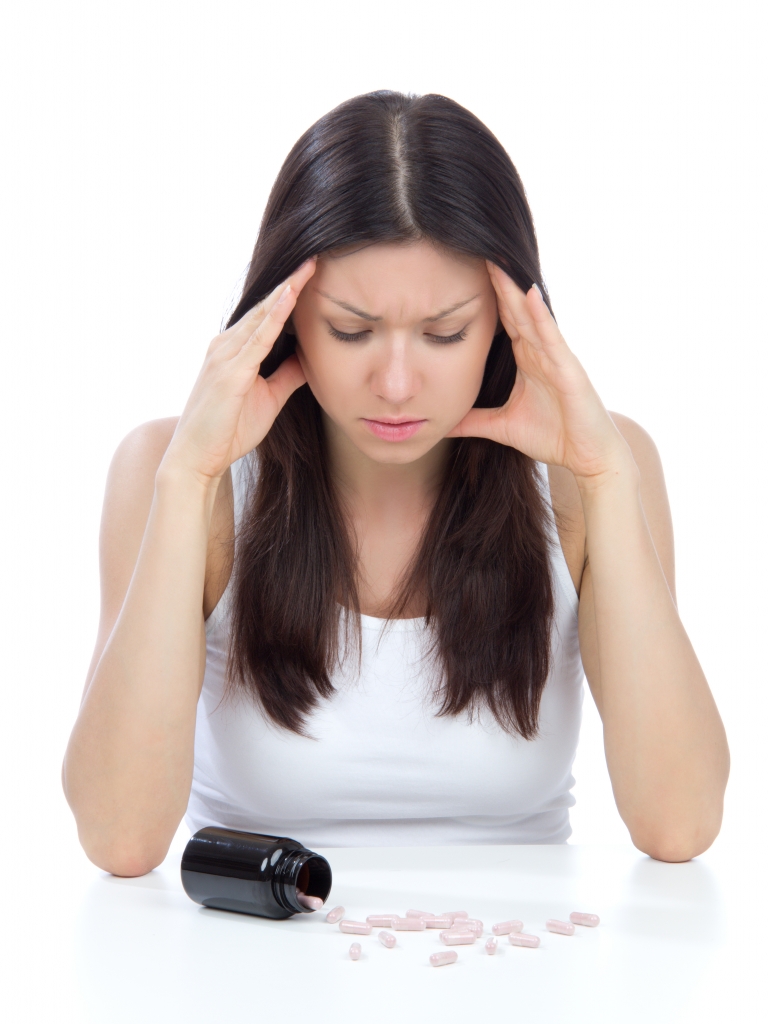Prescription Stimulant Medications
Prescription Stimulants
Prescription stimulants are medicines generally used to treat Attention-Deficit Hyperactivity Disorder (ADHD) and Narcolepsy—uncontrollable episodes of deep sleep. They increase alertness, attention, and energy. When properly used, prescription stimulants increase focus, concentration, and alertness. Often these medications are overused, shared between family members, or friends, or worse get into the hands of kids who take them from the medicine cabinet.
Prescription stimulants increase the activity of the brain chemicals dopamine and nor epinephrine. Misuse including overdose, can lead to psychosis, anger, paranoia, heart, nerve, and stomach problems, even a heart attack or seizures.
The most common are:
- Adderall®
- Concerta®
- Ritalin®
- These medications are highly effective and safe in treating ADHD debilitating symptoms of lack of focus, attention and organization.
- People who take these medications for ADHD rarely abuse them.
- When properly prescribed for ADHD, they do not increase the risk of drug abuse… they actually having a preventative effect.
- One of the main reasons people misuse these drugs is to enhance academic or work performance. People who do not have ADHD may feel more alert or energetic, but will have no long term significant improvement in actual performance;
- These medications decrease appetite and are taken to lose weight;
- Some users report they are taken to increase energy and tand their ability to work long hours or do night shifts;
- The other common reason for misusing these drugs is for the “high”. This is not seen at doses used for ADHD treatment and only when these medications are snorted or injected. When taken at high doses stimulants can cause serious side effects including irregular heartbeat, seizures, strokes and heart attack;
- The roller coaster use of stimulants in the morning and alcohol or tranquilizers in the evening is a commonly pattern of misuse among professionals;
- Long term misuse can cause permanent changes in mood, behavior, and personality that mimic a wide variety of psychiatric disorders including psychosis.

Dual Diagnosis
People who abuse Stimulant medications are often self-medicating away psychiatric and physical pain.
Pain Pill addiction often occurs when people try to “self-medicate” serious psychiatric illnesses. People with both Heroin Addiction and a Psychiatric Disorder are call Dual Diagnosis
- Many people use heroin to cope with psychiatric problems. Long term, this will not work, but will makes matters worse;
- This is why diagnosing and treating co-occurring psychiatric problems is so important in Addiction Medicine;
- Addiction Recovery Models , must address both the Co-occurring psychiatric issues in order to be successful.
Dr. Kittay’s Addiction and Psychiatry Model treats Dual Diagnosis and is effective.
Withdrawal Symptoms of Amphetamine Salts and Methylphenidates
- Stimulant withdrawal is psychologically and emotionally crippling. The symptoms include fatigue and low energy, lack of motivation and enthusiasm and mood swings;
- Stimulants are not associated with physical withdrawal, which is why people sometimes trick themselves into thinking they aren’t addicted.
The vast majority of stimulant addictions can be safely and comfortably treated outpatient, and do not need inpatient care.
Treatments are individually tailored for safety, comfort and effectiveness to minimize withdrawal symptoms and avoid medical complications. Medications are prescribed to help prevent cravings, reduce use and prevent relapse. Medications target the brain’s reward systems, and the way nerve cells communicate restoring balance in brain chemistry. Psychiatric problems and symptoms are medically treated as necessary.
Medicines are also prescribed to treat any anxiety, depression, sleep of medical problems and most importantly co-occurring psychiatric disorders.
Stimulant addiction often occurs when people try to “self-medicate” serious psychiatric anxiety illnesses. They use to cope with psychiatric problems such as Bipolar Disorder. Long term, this will not work, but will makes matters worse. This is why diagnosing and treating co-occurring psychiatric problems is so important in Addiction Medicine. Addiction Recovery Models like ours, must address both the Co-occurring psychiatric issues with the Addiction in order to be successful. Sustained recovery is a good example of why this model is effective.
Your Individual Evaluation & Treatment Plan for Stimulants Dependency includes:
- Addiction, Medical and Psychiatric Evaluation;
- Medically Supervised Home Outpatient Detoxification;
- Evaluation and Treatment of Co-occurring Medical Disorders and Poly-Addictions;
- Medication Management of Anxiety, Sleep and/or Co-occurring Psychiatric Disorders;
- Cognitive Behavioral Restructuring of Stresses and Cues.
- Relapse Prevention.
Treatments are individually tailored for safety, comfort and effectiveness to minimize withdrawal symptoms and avoid medical complications. Medications are prescribed to help prevent cravings, reduce use and prevent relapse. Medications target the brain’s reward systems, and the way nerve cells communicate restoring balance in brain chemistry. Psychiatric problems and symptoms are medically treated as necessary.
Dr Kittay specializes in the treatment of:
- Dual Diagnosis: Addictions and Co-occurring Psychiatric Disorders;
- Poly -Drug Dependency: Addictions to more than one substance;
- Substance Use Disorders in women during pregnancy and post-partum;
- Drug and Alcohol use associated with Anxiety, Depression And Sleep Disorders;
- Addictions related to the treatment of Medical Problems;
- Addictions related to the treatment of Pain Problems;
- Medical disorders related to addictions and high risk behaviors;
- Male Sexual Dysfunction related to Substance Use;
- Substance related suicidal thoughts and behaviors;
Addictions treated include:
- Alcohol
- Opioids: Prescription Pain Pills, Heroin, Fentanyl
- Anxiety Medications: Xanax, Klonopin, Ativan, Valium
- Sleep medications: Ambien, Lunesta, Sonata
- Stimulants: Cocaine, Methamphetamine, Adderall
